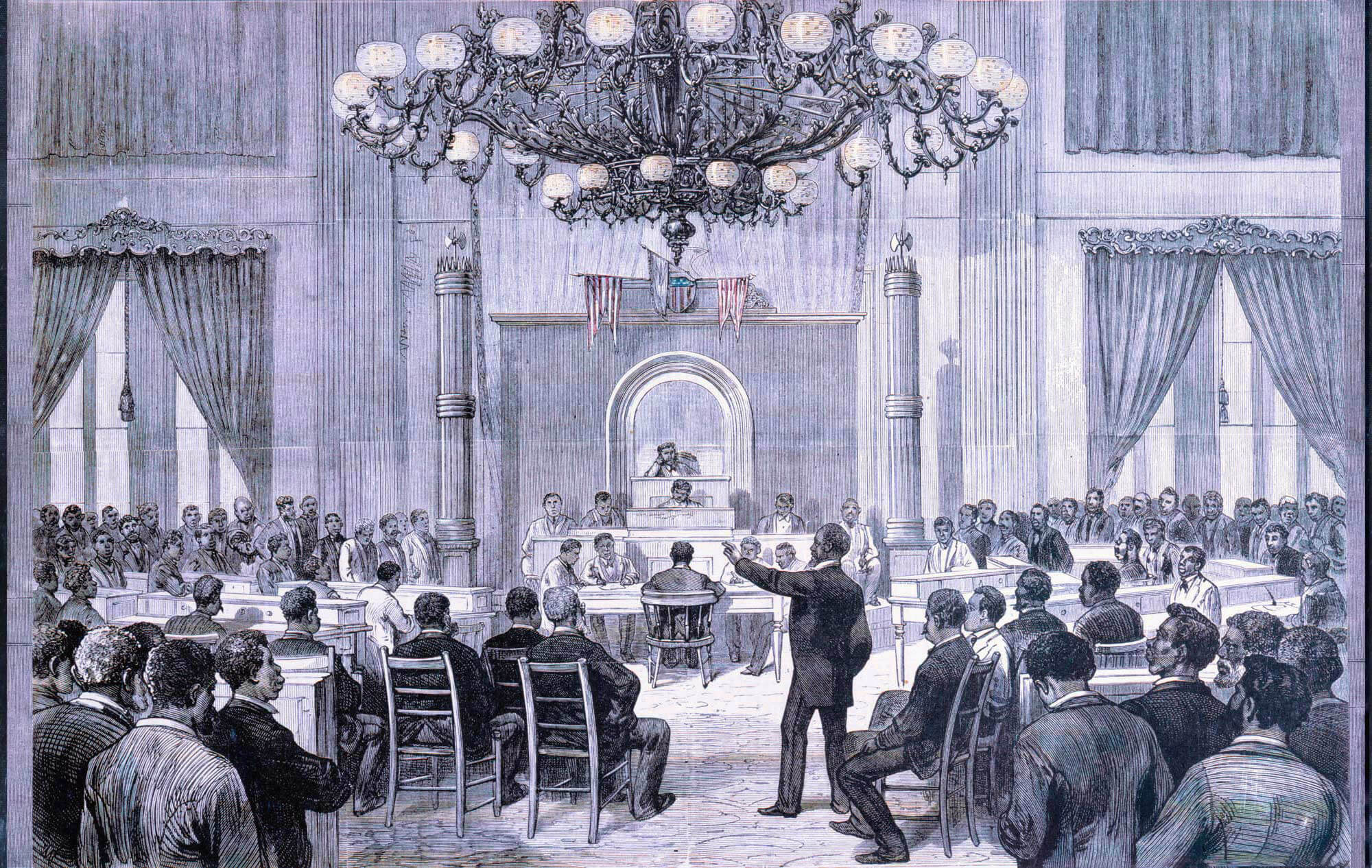It has become commonplace in recent years to complain that too many Americans get their news from antagonistic, partisan echo chambers. The rise of partisanship in contemporary American media might seem like a recent development, exacerbated by the advent of social media. In a new book, however, Paul Matzko (PhD, ’16) reveals that today’s partisan media has its modern origins in the emergence of conservative political radio in the early 1960s. In The Radio Right: How a Band of Broadcasters Took on the Federal Government and Built the Modern Conservative Movement (Oxford University Press), Matzko shows how opposition to the policies of the Kennedy administration energized right-wing radio. Within a few short years, expanded conservative radio programming regularly reached tens of millions of American listeners and birthed modern conservatism. The Kennedy administration responded to this nascent movement by using the Federal Communications Commission’s Fairness Doctrine and threats of Internal Revenue Service audits to censor radio stations and nip this movement in the bud. Not until the deregulation of the airwaves during the Carter and Reagan administrations would conservative radio regain its past prominence. You can read Matzko’s description of the origins of modern conservative mass media at the History News Network.

